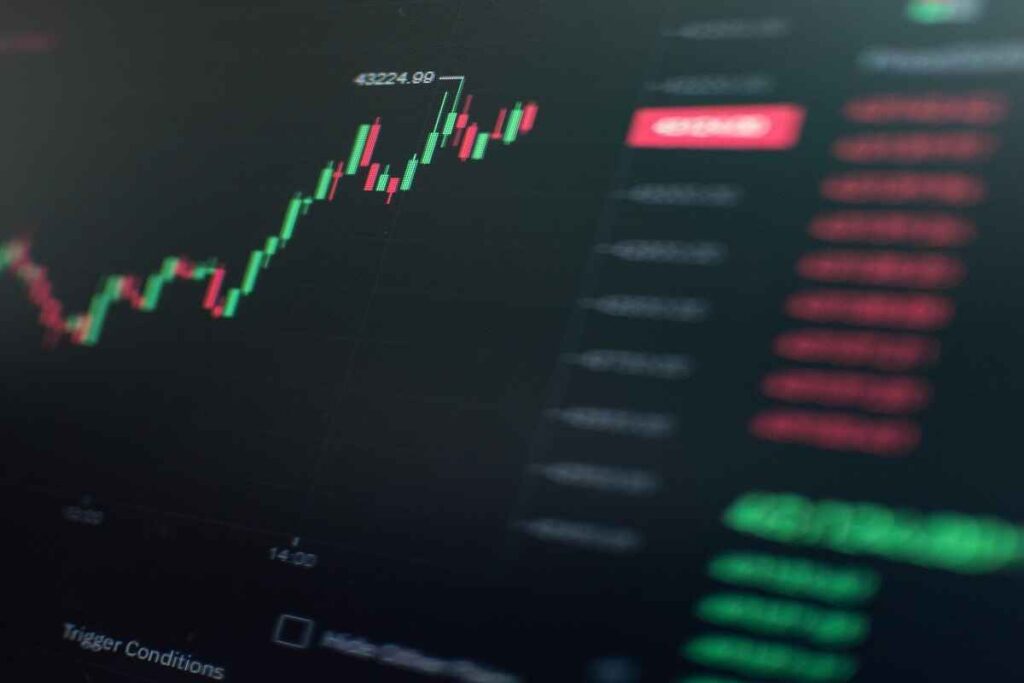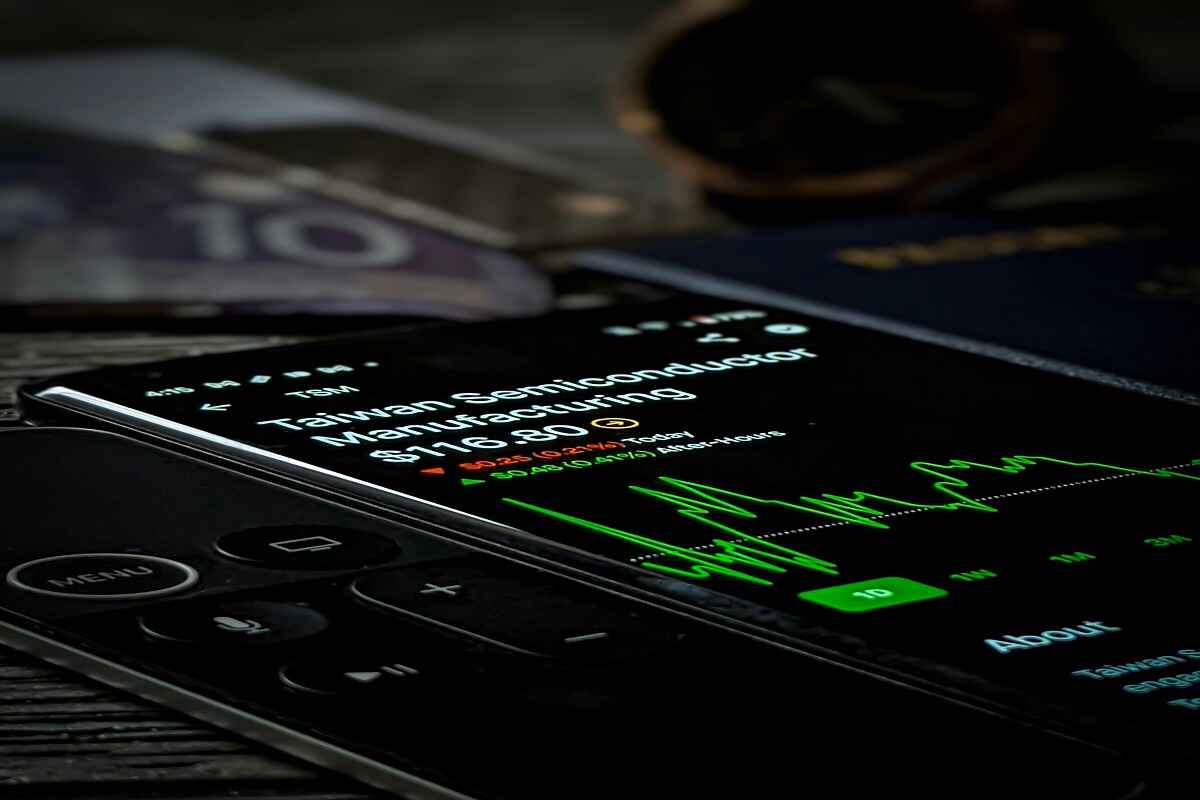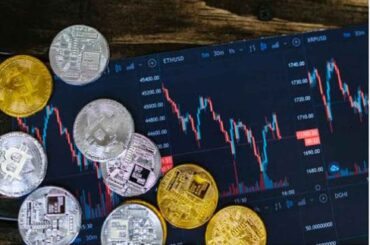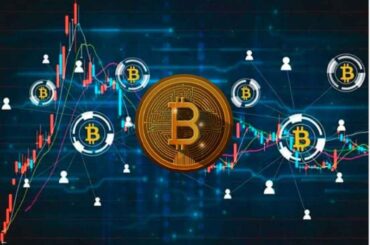Future Trading can be a good investment in today’s fast-paced financial world. Future Trading is a great way to make money, whether you are a seasoned trader looking to diversify your portfolio or a novice curious to see the fuss.
Did You Know?
- In 2020, the market for global futures was valued at $19.66 Billion. In the period 2021-2028, there will be a 9.2% CAGR.
- The Chicago Mercantile Exchange is a major trading exchange with over 5 million daily contracts.
- More than 85% of U.S. professional traders engage in trading futures options.
These statistics indicate that futures are becoming popular day by day.

What is Future Trading?
Futures Trading is a simple arrangement between two people that permits them to buy or sell anything. These contracts are accessible to both institutions and individuals.
Futures contracts allow traders to speculate on the price movement of certain items.
Oil Futures Contracts allow you to buy a contract if you predict that oil prices will increase within the next six months. When oil prices rise, you will be able to sell the contract.
Future Trading Concepts & Key Terms:
- A futures contract is a formal agreement between the buyer and the seller that they will purchase or sell an asset at a price agreed upon.
- The underlying investment is the asset specific on which an exchange is based. Examples of underlying assets include crude oil and gold.
- Expiration dates: Dates at which contracts expire.
- Futures Contracts allow traders to manage large amounts of assets that cost comparatively less money. Margin is a deposit that must be made to keep an open trade for the future.
How Does Future Trading Work?
This is an example of the futures trading market.
Example:
Imagine that your business is coffee distribution. Due to the dry spell, you anticipate that coffee bean prices will rise within six months. You sign a six-month contract for 10,000 lbs of coffee beans at $1.50/pound.
The coffee will rise to $1.20 per pound after six months. The cost of coffee will increase to $2.00 per pound if you wait for six months.
This illustration illustrates two important advantages of futures trade: the possibility to hedge against risks and speculate for potential profits.
Futures Contracts Types
The following are some of the most commonly traded futures contracts:
Commodity Futures
Among the most popular commodities,
- Crude Oil
- Gold
- Natural Gas
- Corn
Stock Index Futures
Institutional Investors prefer this instrument to hedge overall market risk.
Currency Futures
These currencies are very liquid, so forex traders love them.
Interest Rate Futures
These are contracts that contain an interest component. It is most often in the form of government bonds. Banks and large institutions use these contracts to manage risk.
Future Trading Is a Good Investment
Leverage has always been the biggest attraction for future investors. The leverage allows traders to take larger positions with a lower investment.
- Liquidity
Futures trading is extremely liquid, particularly for commodities such as oil and gold. It is possible to sell or buy at any time.
- Hedging
Many Airlines buy Oil Futures to Avoid Price Spikes.
Low Transaction Costs
Futures contracts typically have lower commission rates. The futures contracts are a good choice for traders.
Future Trading – Risks
Before you begin, take a moment to read this:
- Leverage has its risks
Leverage increases gains, but it also increases losses. Trading in futures can cause losses greater than initial investments.
Complexity
Futures, especially for beginners, can be confusing. It is difficult for beginners to understand the impact of different factors on asset prices, such as supply disruptions, geopolitical situations, and seasonal fluctuations.
- Market Volatility
Futures prices, especially those for crude oil and gasoline, can fluctuate. Futures prices are volatile and can have severe and sudden price swings.
Margin calls
The broker might issue a Margin request, asking for extra money to keep your position. The broker may liquidate a trade if the client does not comply. The trade could suffer a large loss.
How can I begin trading in futures?
- It would help if you learned as much as possible.
Using online resources, you can learn fundamentals about the future.
Look for a reputable broker.
There are not many brokers who specialize in trading futures. So, you will need to find a broker with this expertise. Search for a reputable broker offering low-cost fees and an intuitive platform.
Open a trading account.
The next step is to open a trading account. It is usually necessary to complete some paperwork and meet margin requirements.
- Develop a Strategy
A solid investment strategy is key to success. It will help if you plan your trades whether you are arbitraging, hedging or both.
Start small
For beginners, it’s best to start with a small volume or a test account to gain the necessary experience.
Future Trading vs. Stock Trading
Contract Expiration
Futures contracts and stocks are completely different. Futures contracts expire, whereas stocks can last indefinitely.
- Leverage
Futures traders are more likely to trade than investors. Futures trading allows traders to take on large positions with less money.
- Hedging vs. Ownership
By purchasing stock, you will become the sole owner of that company. Futures is about speculating and protecting against price changes.
Futures Trading in the Future
Trading platforms are more sophisticated now, making it easier for traders to access the financial market. Smart contracts and algorithmic trading are transforming how traders trade in the futures market.
Trading will be more accessible and efficient as technology continues to develop. However, the core principles–leverage, speculation, and hedging–will remain constant.
Future Trading Final Thoughts: Is Future Trading Right for You?
Beginners who do not understand the nuances of the market should not enter this market. It can come with significant risks.
Before deciding to trade futures, you need to be educated, choose your brokerage carefully, and have a trading system in place.
Futures markets are for those willing and able to accept calculated risk. Will this be the right match for your finances?
References:
- “Global Futures Trading Market Size Report,” Allied Market Research, 2021
- CME Group 2019 Annual Reports and Statistics




